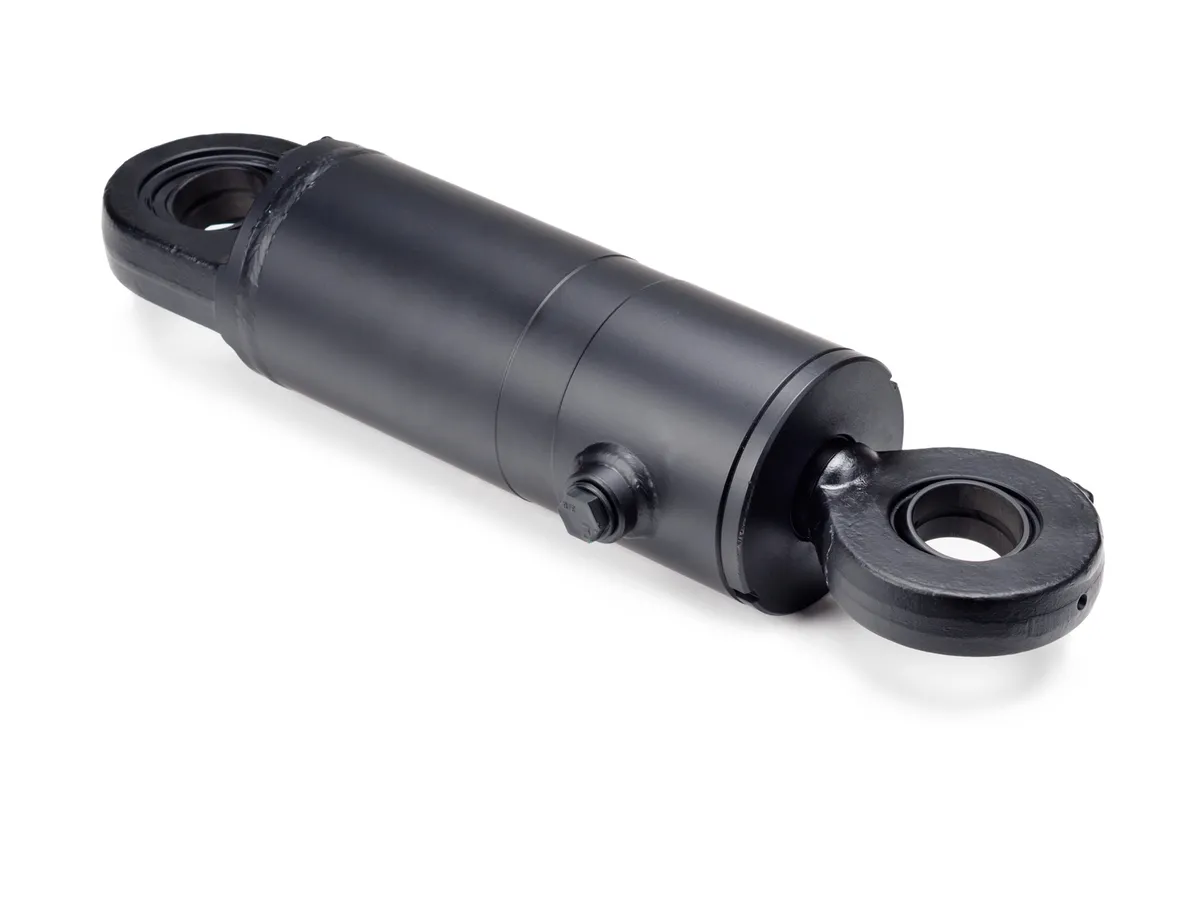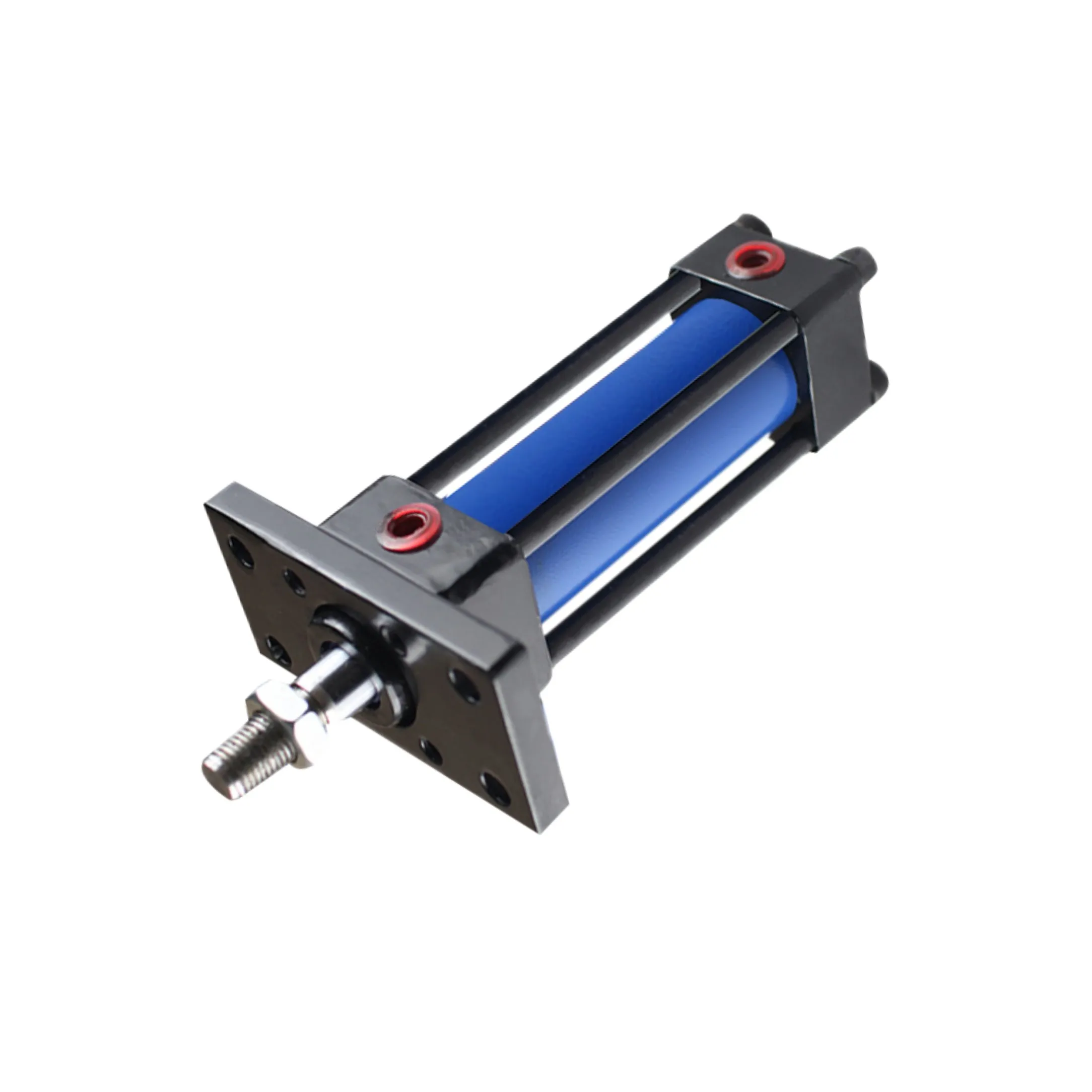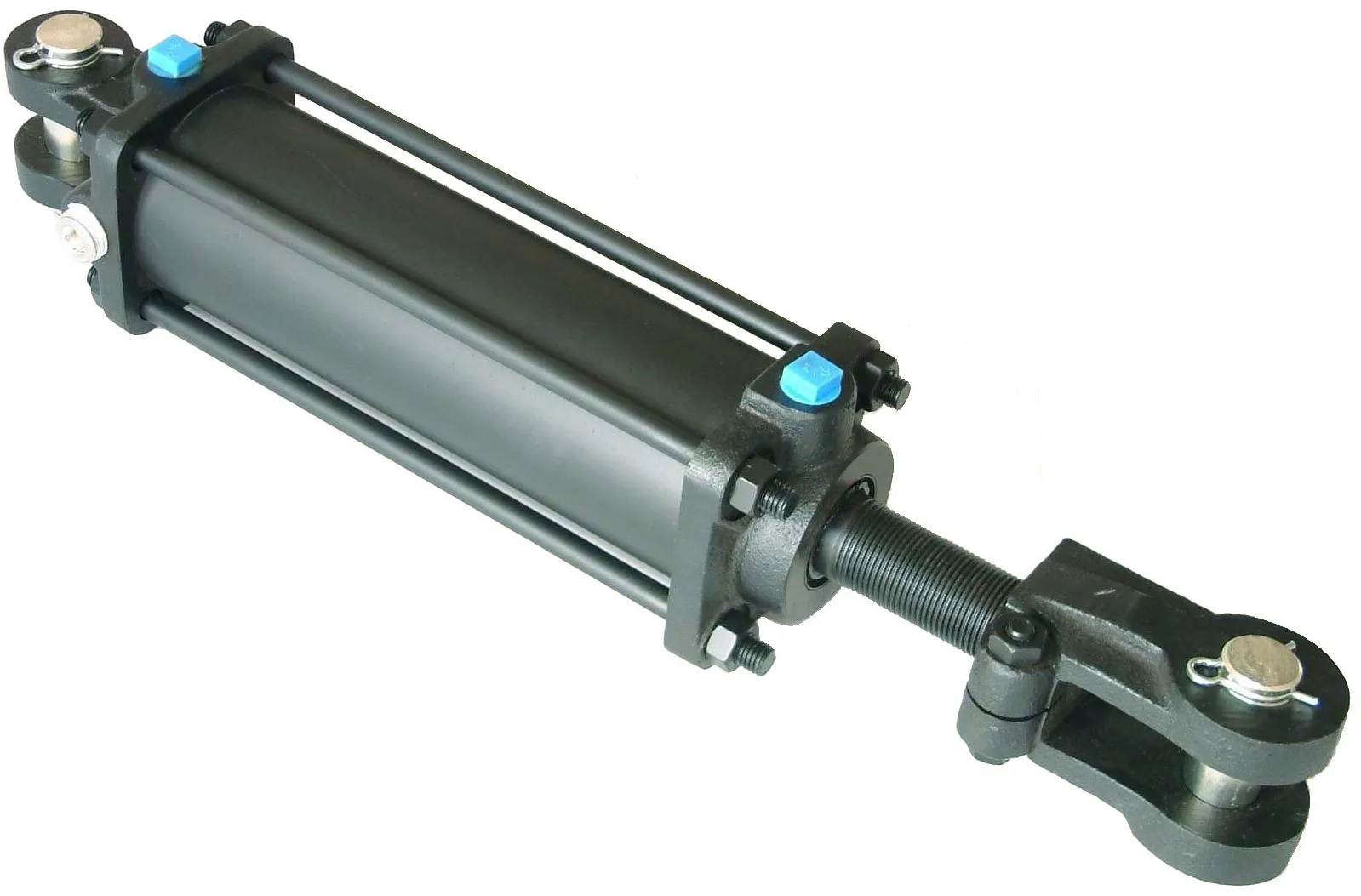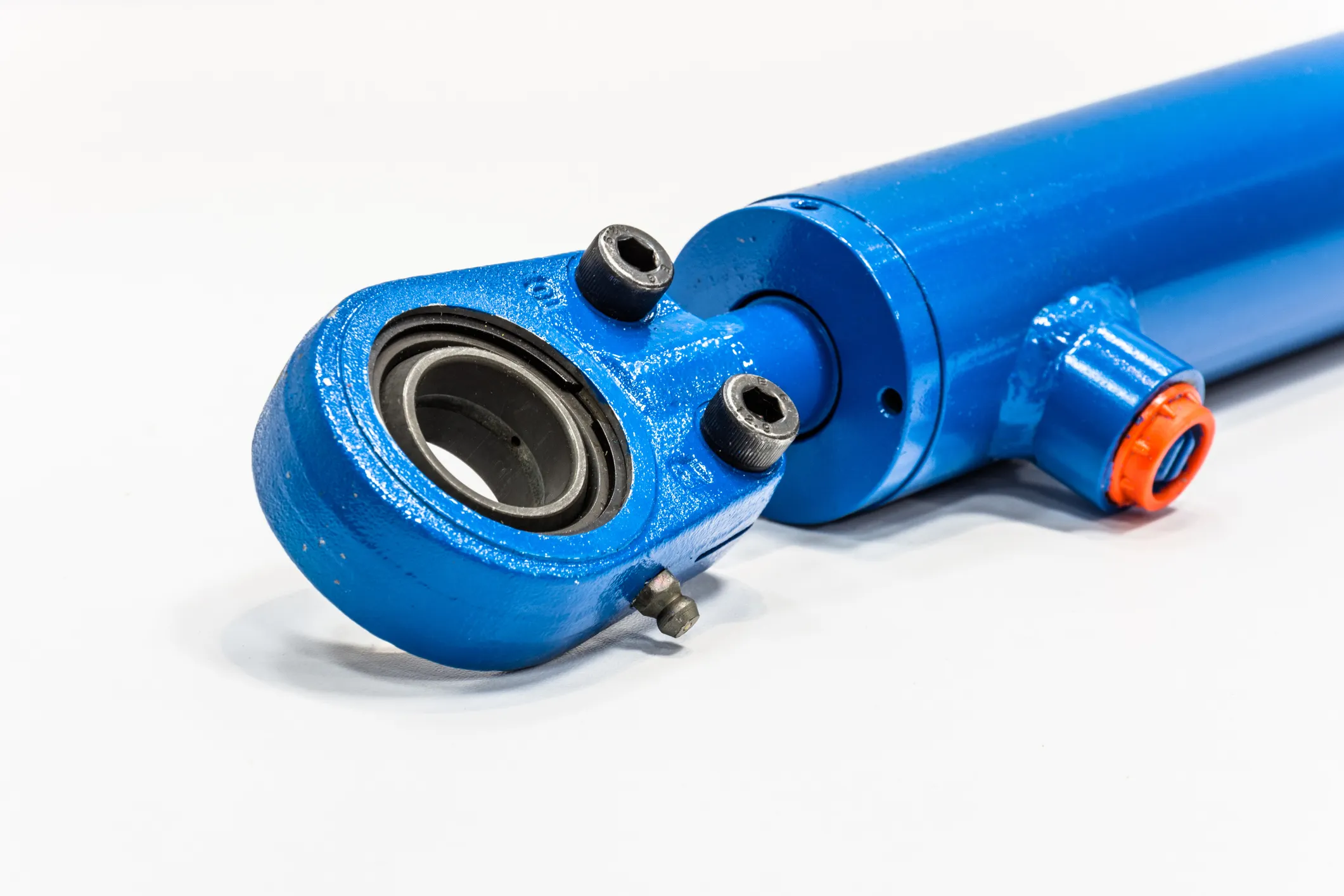
The Role of Steel Welded Hydraulic Cylinders in Hydraulic Systems

Steel hydraulic cylinders play a crucial role in the operation of hydraulic systems, serving as key components that convert fluid power into mechanical force. These cylinders are essential for various applications in construction and earthmoving equipment, providing the necessary power and precision to perform heavy-duty tasks efficiently.
Design and Construction Characteristics
Welded Process Description
Steel hydraulic cylinders are commonly manufactured using processes such as MIG, TIG, SAW, and laser welding. Each welding process has a unique impact on the final product, affecting factors such as strength, durability, and overall performance.
Material Description
Hydraulic cylinders are constructed using different types of steel, including carbon steel, alloy steel, stainless steel, and more. Each type of steel offers specific properties that influence the cylinder’s functionality and longevity.
Working Principle
Steel welded hydraulic cylinders operate based on the transfer of hydraulic fluid force, piston movement within the cylinder, workload requirements, sealing systems to prevent leaks, and pressure release mechanisms. These components work together to ensure efficient and reliable performance in hydraulic systems.
Types and Configurations
There are three main types of steel welded hydraulic cylinders available, each with unique configurations to suit specific applications. These cylinders vary in size, capacity, and design to meet the diverse needs of construction and earthmoving equipment.
Advantages
- Strength and Durability: Steel hydraulic cylinders offer exceptional strength and durability, ensuring reliable performance under heavy loads.
- Cost-Effectiveness: Steel cylinders are cost-effective solutions for long-term use in construction and earthmoving equipment.
- Corrosion Resistance: Steel materials provide excellent resistance to corrosion, extending the lifespan of hydraulic cylinders in harsh environments.
Performance Characteristics
- Working Pressure: Steel hydraulic cylinders can withstand a wide range of working pressures, making them suitable for various applications.
- Rated Force: Output force is determined by the cylinder’s size and pressure, ensuring optimal performance in construction and earthmoving equipment.
- Durability and Life: Steel cylinders have a long life expectancy under normal working conditions, minimizing maintenance and replacement costs.
Applications
Steel welded hydraulic cylinders are widely used in industries such as construction equipment, industrial machinery, agricultural equipment, material handling, military and defense vehicles, aerospace, marine applications, and custom applications. These cylinders play a critical role in enhancing the performance and efficiency of machinery across various sectors.
Design Considerations and Selection Criteria
When selecting steel hydraulic cylinders for construction and earthmoving equipment, factors such as bearing capacity, sealing efficiency, durability, safety, and maintainability should be carefully considered to ensure optimal performance and longevity.
Sealing and Lubrication
Proper sealing and lubrication of steel hydraulic cylinders are essential for preventing leaks and reducing wear. Using high-quality seals and lubricants, along with regular maintenance practices, can enhance the performance and lifespan of hydraulic cylinders.
Maintenance and Repair
Regular inspection and preventive maintenance are key to prolonging the service life of steel welded hydraulic cylinders. Following maintenance guidelines and addressing issues promptly can prevent costly repairs and downtime in construction and earthmoving equipment.
Installation Guide
Correct installation of steel hydraulic cylinders is critical to ensure proper functionality and safety. Following the manufacturer’s guidelines and best practices for installation can optimize the performance and reliability of hydraulic systems.
Maintenance Tasks
- Regular Inspection: Inspecting hydraulic cylinders for wear and damage can prevent potential issues and ensure optimal performance.
- Proper Lubrication: Regularly lubricating cylinder components can reduce friction and extend the lifespan of hydraulic systems.
- Seal Replacement: Replacing worn seals and gaskets can prevent leaks and maintain sealing efficiency in steel hydraulic cylinders.
Safety Considerations
Ensuring safety measures are in place when using steel hydraulic cylinders is essential to prevent accidents and protect personnel and equipment. Following safety protocols and guidelines can minimize risks associated with hydraulic system operations.
Fault Diagnosis and Solutions

Common problems in steel hydraulic cylinders may include leaks, seal damage, piston misalignment, and pressure issues. By diagnosing faults accurately and implementing effective solutions, operators can maintain the performance and reliability of hydraulic systems.
Questions and Answers
1. What welded processes are typically used for steel hydraulic cylinders?
2. How do steel welded cylinders compare to aluminum welded cylinders in terms of weight and strength?
3. What are some common applications for steel welded hydraulic cylinders in different industries?
Long Tail Keywords
1. High-Strength Steel Hydraulic Cylinders for Heavy-Duty Applications
2. Customized Steel Welded Cylinders for Construction Machinery
3. Corrosion-Resistant Hydraulic Cylinders for Harsh Environments

Company Introduction
We are a leading hydraulic cylinder manufacturer specializing in steel welded cylinders for construction and earthmoving equipment. With a comprehensive product line, professional certifications, custom design services, advanced production equipment, and dedicated after-sales support, we are committed to providing high-quality hydraulic solutions to meet the demands of domestic and international markets.
Author: lyl
